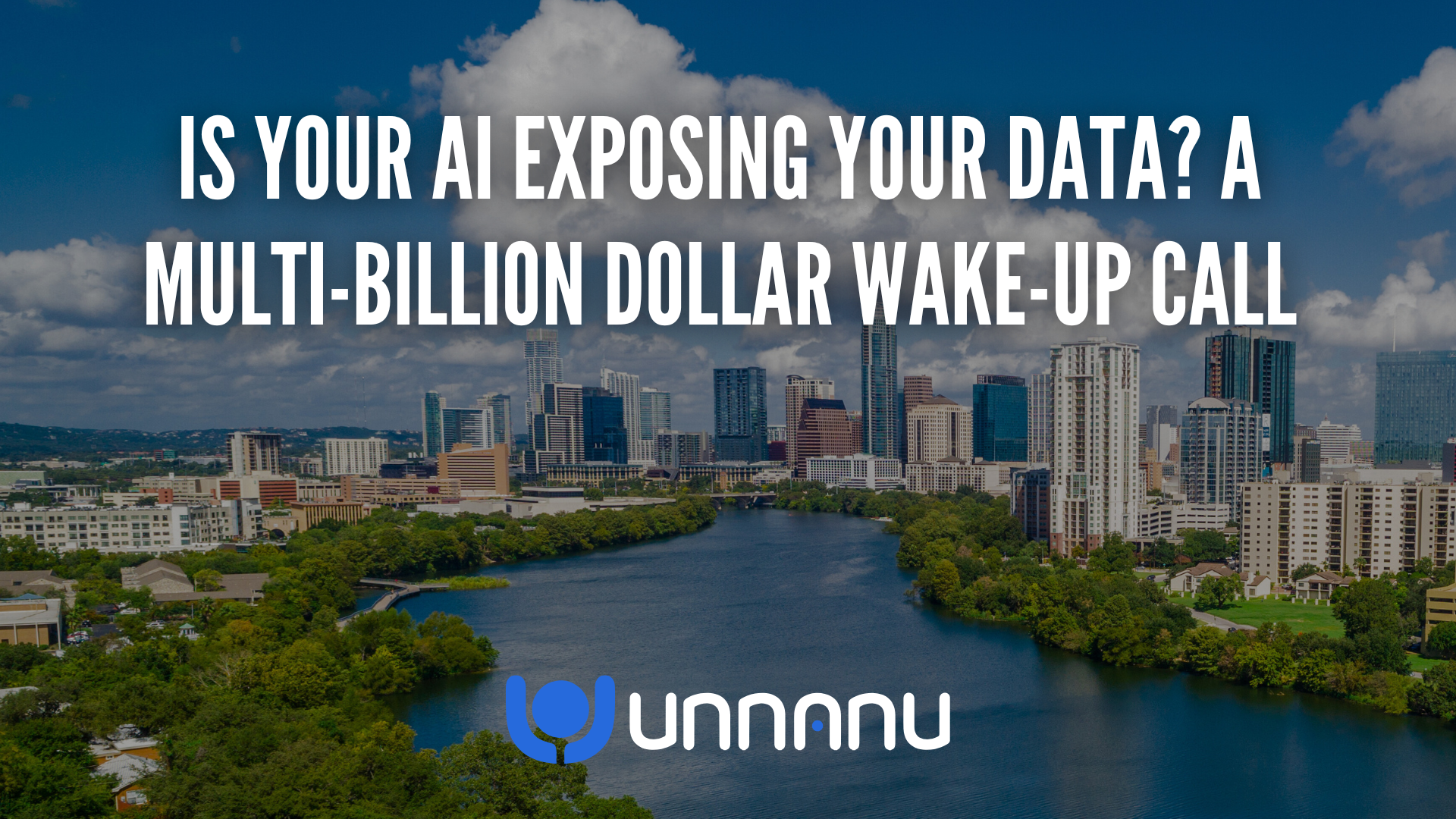What Do California's New AI Laws Mean for Hiring?
California's AI hiring laws define ADTs as any computational tool that automates, aids, or influences employment decisions, including resume parsers, video interview analyzers, and predictive hiring models. Employers must notify candidates if ADTs are used, detailing the tool's purpose, data collected, and how it informs decisions. This transparency aims to build trust, as candidates can request alternatives or explanations for adverse outcomes.
Bias prevention is central: companies must conduct annual audits to ensure ADTs don't disproportionately impact protected classes like race, gender, or age. If disparities are found, tools must be retrained or discontinued. For instance, if an AI favors candidates with certain keywords tied to elite schools—often correlating with socioeconomic privilege—it could violate FEHA. Penalties for non-compliance include fines up to $10,000 per violation, enforced by the California Civil Rights Department (CRD). These rules apply to employers with five or more workers, but tech giants like Google and Meta face heightened scrutiny due to their scale and AI reliance.
The laws also prohibit using ADTs solely for termination or discipline without human oversight, extending protections to performance evaluations. Recruiters must retain records of ADT use for two years, including audit results and data sources, to facilitate CRD investigations. As detailed in the California Civil Rights Council regulations, this framework promotes accountability, ensuring AI enhances rather than undermines fair hiring.
How Do These Laws Affect Recruiters in California?
Recruiters, both in-house and agency-based, must adapt swiftly to maintain compliance and efficiency. Notification requirements mean updating job postings and application portals to disclose AI involvement upfront, potentially deterring some candidates wary of algorithmic bias. During interviews, recruiters need to explain if AI assesses responses, e.g., sentiment analysis in video tools—and offer opt-outs, adding administrative layers to workflows.
Bias audits demand collaboration with data scientists, as recruiters must validate that ADTs use diverse training data. This shifts focus from speed to equity: tools like LinkedIn's AI matcher must be vetted to avoid favoring male-coded language in tech roles. For agencies serving California clients, vendor contracts now require ADT certifications, complicating partnerships. Positively, ethical AI can enhance diversity: compliant tools have shown 20-30% increases in underrepresented hires by neutralizing biases.
Training is essential—recruiters must understand AI ethics to field candidate questions, per CRD guidelines. Overall, these laws empower recruiters to advocate for fair practices, but non-compliance risks lawsuits, making ongoing education critical.
What Challenges Do Tech Companies Face with AI Hiring Regulations?
Tech companies, California's economic backbone, confront significant hurdles under these laws. Auditing complex AI systems requires substantial investment: annual assessments could cost $50,000-$200,000 for large firms, diverting resources from innovation. Big tech like Apple and NVIDIA, with global operations, must align California-specific rules with federal guidelines, creating compliance silos. Talent acquisition teams face scrutiny: AI-driven ATS must be retrained on balanced datasets, delaying deployments. For startups, the burden is acute—lacking in-house experts, they may rely on costly consultants, stifling growth. Vendor dependencies amplify risks: if a third-party tool like Workday's AI fails audits, the employer is liable. Data retention mandates increase storage costs and privacy concerns, especially under CCPA. Ethically, laws force introspection: algorithms trained on historical data often perpetuate tech's diversity gaps, with women comprising just 25% of roles.
Non-compliance fines, up to $10,000 per incident, could accrue rapidly in high-volume hiring. Yet, challenges breed opportunity: proactive firms can market compliant AI as a differentiator, attracting talent in a competitive market.


